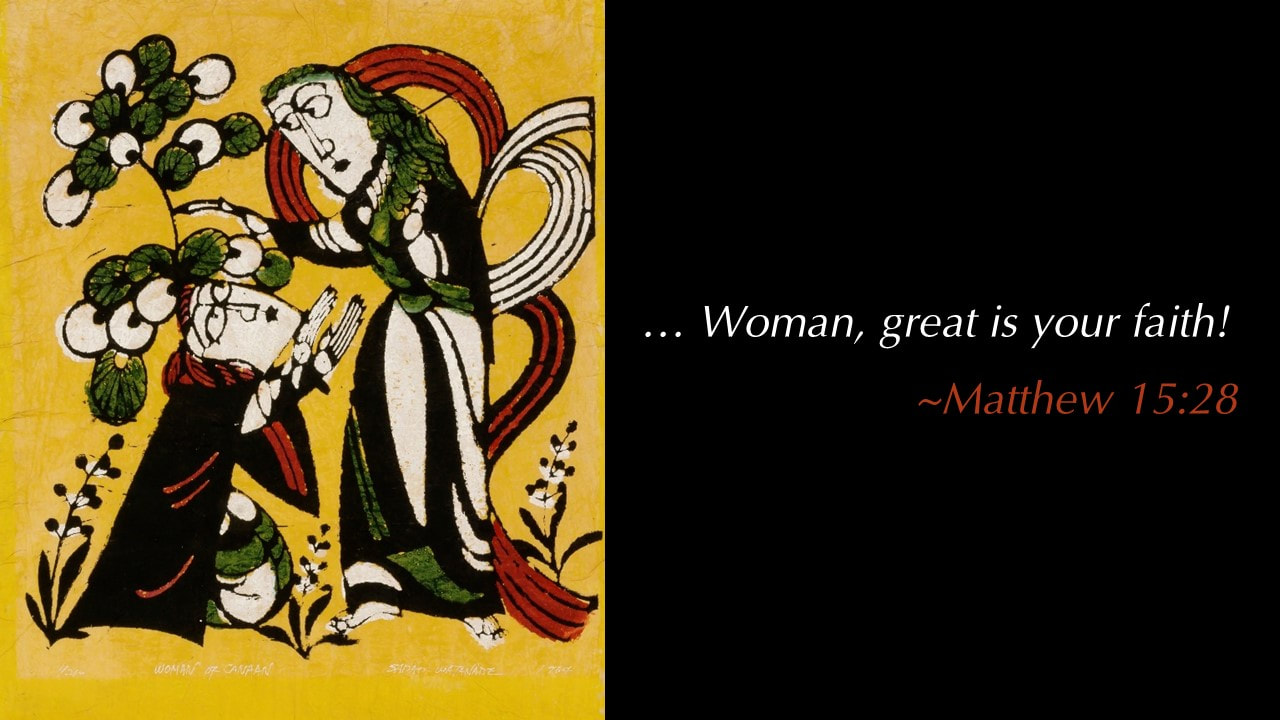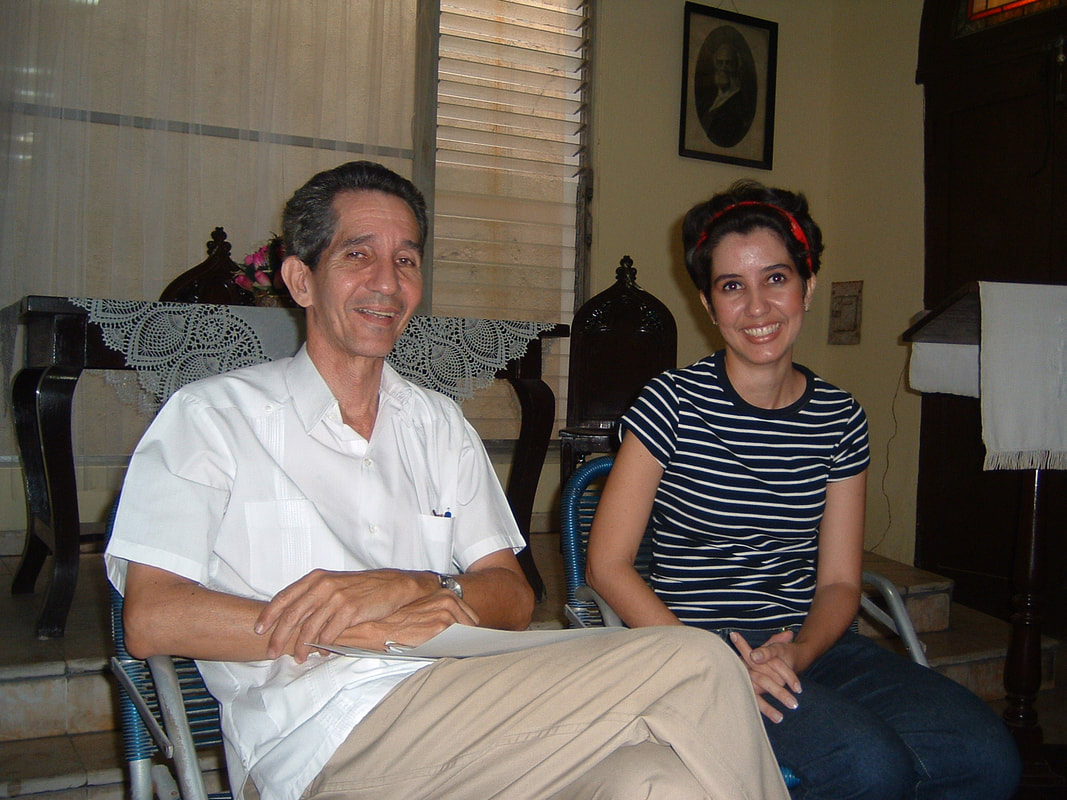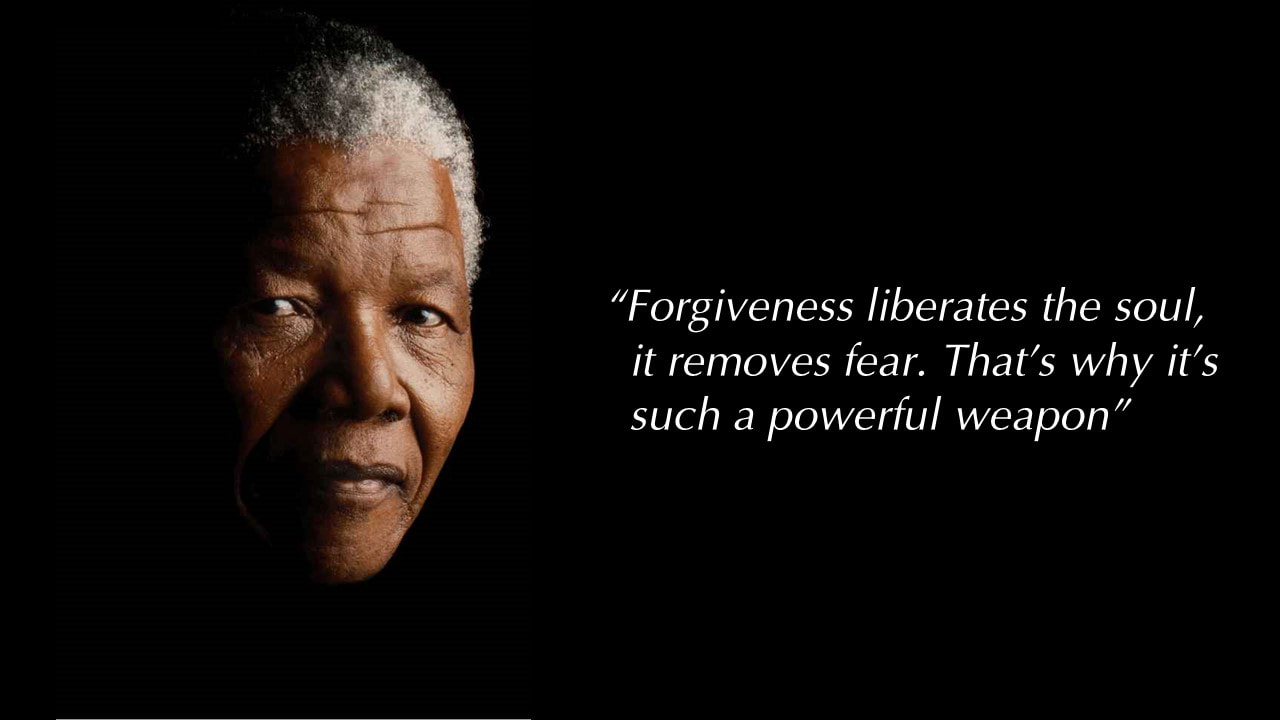Scott AndersonEzekiel 33:7-11 † Psalm 119:33-40 † Romans 13:8-14 † Matthew 18:15-20 You can find a video copy of this sermon in the context of worship here. Daniel Kirk, has given his expertise to studying early Christianity, particularly as it is represented by the apostle Paul. Kirk attends two churches on Sundays: a traditional Reformed Church in America and a house church—well, he did before the pandemic. Kirk has shifted his definition of church from what we do to who we are together. “Church is the people I’m trying to follow Jesus with and the people who are following Jesus with me. It’s the intentional community of people who walk in self-giving love for each other while trusting themselves to the care of God.”[i] I am especially struck and convicted by that last phrase--trusting themselves to the care of God. Richard Rohr gets at this when he suggests Jesus praised faith even more than love. Now, both are pretty important, it seems. Especially in these polarized times. I remember visiting Cuba some years ago. We traveled on a religious visa with the Presbyterian church and spent much of our time with the First Presbyterian Church Havana community. I remember a series of conversations with the pastor of the Havana church. They were in the midst of a particularly difficult time economically—a quiet crisis which continues to today. The story is complicated, but Cuba has essentially been used as a political pawn by various superpowers throughout the last 130 or so years. Its strategic location is one reason for this, and the people of Cuba have suffered immensely for it. In 2003 a period of support from the former Soviet Union had ended with the rise of democratic reforms and the deconstruction of the Soviet empire. As good as that was for many, it was mixed for this island nation that relies on trade because it cannot produce everything it needs to survive. That’s why the continuing US embargo is such a powerful and destructive force for Cubans. As Soviet influence decreased, greater religious freedom increased within Cuba. And that meant that many worshipers who had faded away from Christian communities when persecution leveled up were now coming back to these same communities as public pressure decreased. You might think that this was good news. And it was in many ways. The church was experiencing a renewed vitality. But it presented a challenge for those who had stuck it out, and paid the price for their faithfulness in lost jobs and wages, lost opportunities for educating their children and broad social ostracism. As others came back, there was a need to work toward mutual understanding for the choices that individual families made, and there was a need for forgiveness in order to move on. “Church is the people I’m trying to follow Jesus with and the people who are following Jesus with me. It’s the intentional community of people who walk in self-giving love for each other while trusting themselves to the care of God.”[ii] As we near one of the most eventful elections of our lifetimes, I wonder about the work we will have to do on the other side of it. The politics of division that have so broken apart our families and circles of care will not simply fade away, no matter what happens on November 3rd. We too will have, and do have the work of forgiveness and reconciliation to do. It is good to know, I suppose, that we are not the first to have to do it in such extremis. It should be no surprise that Matthew’s community spent considerable effort understanding the work involved with binding ourselves to each other, and loosening us from all that undermines human well-being and keeps us apart. This work of forgiveness is no easy thing because what needs to be forgiven is no small thing. We know this, of course. We don’t even need to look to the broader society to see this concept at work. It is there in our friendships. It’s there in our marriages and the long and intricate memory of wrongs that trigger us and eat away at trust and well-being when we long for the sanctuary that only true intimacy and self-giving provides. I suspect it helps us to direct our gaze to Ezekiel and its deeply problematic language of wickedness. It’s binary, either/or portrayal of good and bad—easily divided, easily identified—makes me uncomfortable. In part, I suppose, because it is too easy. In part because such analyses are so common and so destructive in our day and age. I suspect, in the reading of this passage, we are wise to put ourselves in the position not of the one who is offended or righteous, but in the role of the one being confronted or asked to listen. To whom do we need to listen—the activist calling out our history of systematized privilege, or even just what a spouse is trying to tell us of their experience? It is no easy work. I suspect that’s one reason that Matthew moves quickly to the telling of forgiveness as Jesus tells his hearers: not seven times, but 70 times 7. This stance just may lead to the reconciliation and the peace we truly long for. To be forgiven is to be set free. And it is equally true that, as Nelson Mandela understood as he left Robben Island prison that if he was to truly be free himself, he had to forgive those who had trespassed against him. This was perhaps nowhere more evident than at his inauguration as president of South Africa, when the only guest Mandela is said to have insisted on was a former jailer.[iii] Owe no one anything,” says the apostle to the Roman church, “except to love one another; for the one who loves another has fulfilled the law.”[iv]
So I wonder if we are willing to forgive. But for those of us who walk around with such privilege and power, I suspect there is an even more important question: are we willing to be forgiven? And are we willing to do the work required to move toward reconciliation that comes with that forgiveness? Are you willing to put yourself in that humble, truth-telling position to receive forgiveness? It will change us immensely. And it will change our world. It may be the only thing that can. Amen. Notes: [i] Carol Howard Merritt. “To or Three at the Gym”. March 21, 2017 in The Christian Century. Retrieved September 9, 2017 at https://www.christiancentury.org/article/2016-03/two-or-three-gym?reload=1505016989898. [ii] ibid. [iii] Stephanie Nolen. “Mandela’s Miraculous Capacity for Forgiveness a Carefully Calibrated Strategy.” The Globe and Mail, December 5, 2013. Retrieved on September 4, 2020 from: https://www.theglobeandmail.com/news/world/nelson-mandela/mandelas-miraculous-capacity-for-forgiveness-a-carefully-calibrated-strategy/article548192/. [iv] Romans 13:8.
0 Comments
Leave a Reply. |
St. Andrew SermonsCategories
All
|



 RSS Feed
RSS Feed